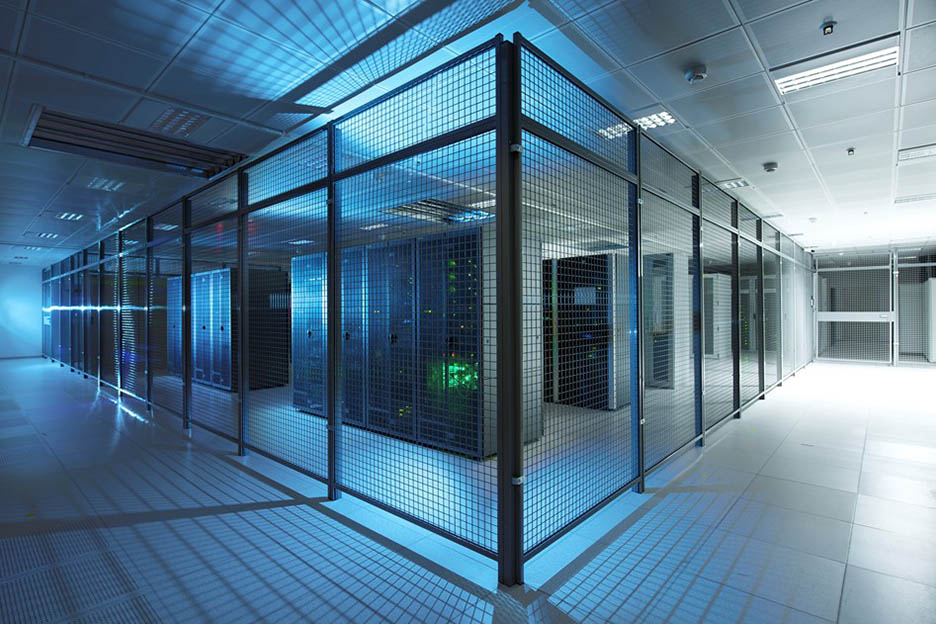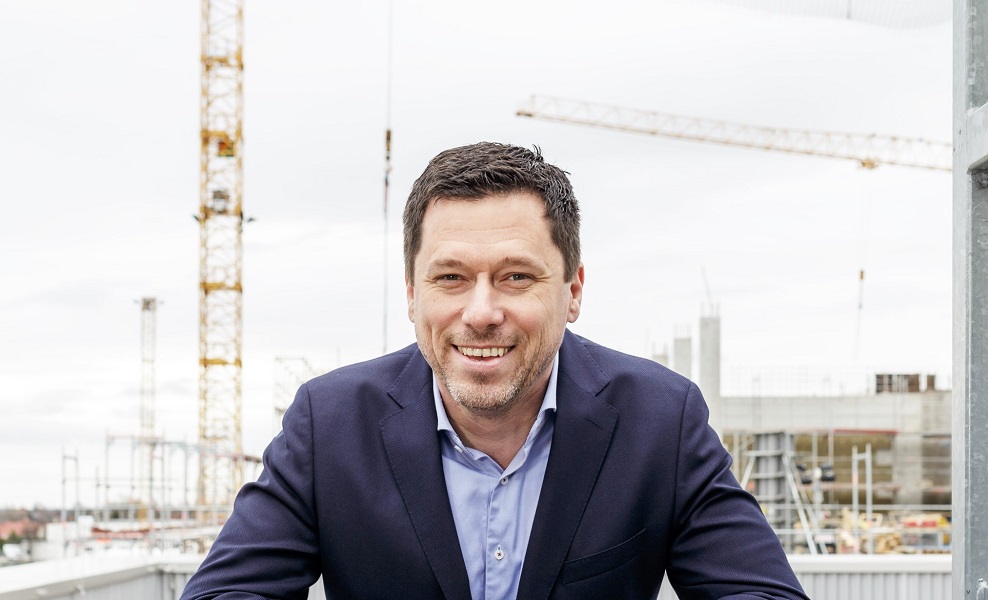In this article you will read about,
- why physical security in data centers is just as important as cyber security,
- what advantages security zones built according to the onion approach bring,
- and why more and more data center operators are moving to the countryside.
Data centers are considered the "cradle of digitalization." Without powerful computing resources, neither the Internet nor the cloud would function – and therefore neither would apps, social media, or online stores. An outage would have far-reaching consequences for both the economy and social life. No wonder, then, that the operation of data centers requires special protective measures.
While IT security is concerned with defending against cyber attacks, physical security at the data center (DC) is about preventing unauthorized persons from gaining access and protecting DC operations against natural disasters such as floods and storms. But fire protection, power supply, and drone detection also play a role, explains Johannes Krafczyk, the T-Systems manager who oversaw the construction of the high-performance data center in Biere, in an interview.

